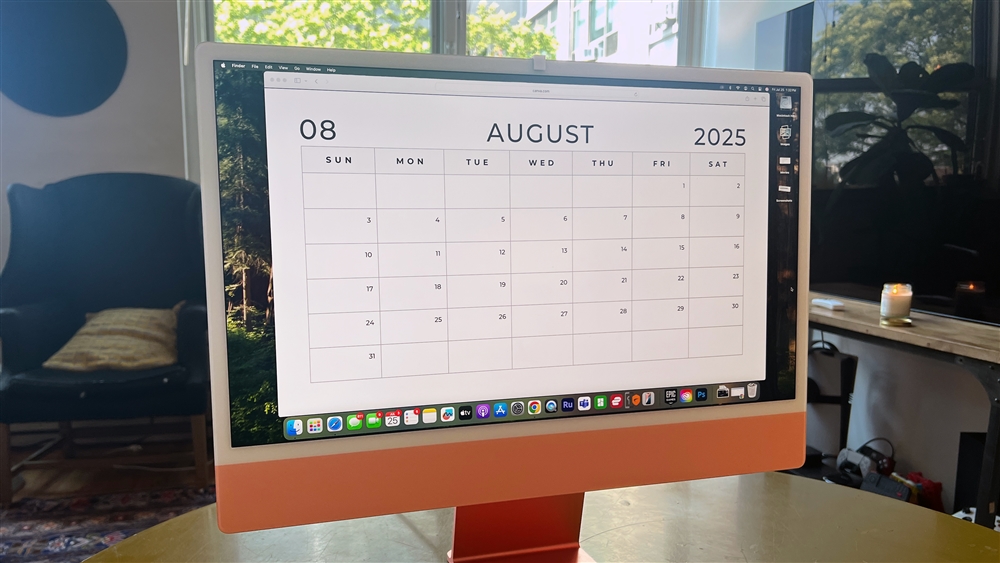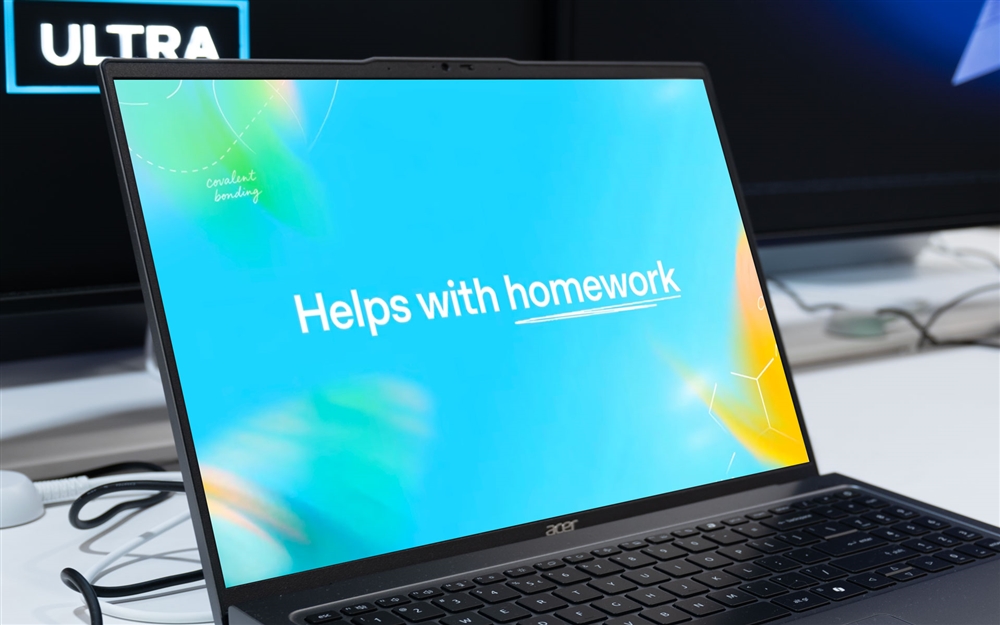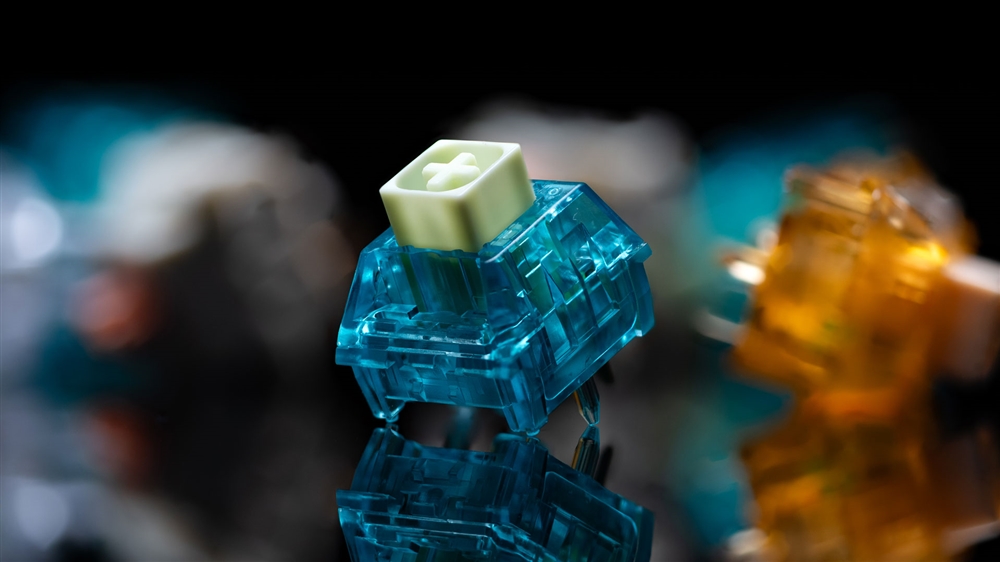This Week in AI: New AI-Capable Laptop Chips From Intel, Qualcomm
For Sept. 6 2024: Intel launches Lunar Lake, Qualcomm upgrades Snapdragon X, Google's YouTube to add AI detection.News

It's the fall product release season, and this week Intel and Qualcomm launched their newest laptop chips, promising more AI features just as the holiday shopping season is about to kick into gear.
Intel's new Lunar Lake chips, now branded as Core Ultra 200V, promise "outstanding" AI performance of up to 120 TOPS across the CPU, GPU and neural processing unit. Qualcomm meanwhile said its new Snapdragon X Plus 8-core chips will offer performance of 45 TOPS from its NPU, but at much lower costs than the current Snapdragon X Elite, potentially dropping some future Copilot Plus laptops from $999 to as low as $799.
The new chips are giving us a better sense of how PCs are going to be positioned ahead of the holiday shopping season. Over the past year, chip companies have increasingly marketed their products as part of a new breed of AI-capable machines, promising features like live video chat transcriptions and translations, easier ways to search for files on your computer, and new app features to help you write an email or create a presentation.
But it hasn't been entirely smooth. Microsoft has delayed its most high-profile AI feature for Copilot Plus PCs, a new AI-powered "Recall" history and search function, leaving PC makers to lean on the excellent battery life and performance of these systems as selling points.
In particular, Intel and Qualcomm both promise excellent battery life. Intel said PCs powered by Core Ultra 200-V can last about 20 hours, while Qualcomm described Snapdragon X Plus 8-core runtime as "all-day battery life."
The new chips from both companies will power laptops from manufacturers including Acer, Asus, Dell, HP, Lenovo, and Samsung.
Microsoft expands Copilot Plus
Microsoft has announced it's going to expand its Copilot Plus PC label this fall, just as x86-powered chips from Intel and AMD are increasingly offering better TOPS performance against Qualcomm.
Copilot Plus PCs include features for live captions with translation on video calls, image creation tools, and other AI-powered enhancements.
Of course, all these announcements are coming just a week before Apple's annual end-of-summer event, during which it's expected to announce devices including the iPhone 16, powered by the tech giant's new Apple Intelligence AI service.
Google using AI to help protect creator's likeness
Despite its AI Overview feature occasionally suggesting people add glue to pizza, Google is finding broadly positive uses for AI, too. Most recently, the company said it developed a set of AI detection tools to protect actors, athletes, artists, musicians, and other creators from having their likeness copied by AI.
YouTube's tools included an expansion of its Content ID system that helps detect copyright violations of an artist's work, saying that next year it will offer a feature to identify AI-generated content on YouTube that "simulates their singing voices." A second technology will be able to detect people's faces, and when they're misused in uploaded YouTube videos.
"Together with our recent privacy updates, this will create a robust set of tools to manage how AI is used to depict people on YouTube," the company said.
Tesla's robotaxis arriving to take on Google's Waymo
Tesla is expected to finally announce its long-promised robotaxis in October, according to a report from Bloomberg. The project, which CEO Elon Musk has been discussing publicly for years, would likely power a new ride-hailing service.
Musk's move to announce robotaxis comes as autonomous vehicles are increasingly ferrying people on the streets of San Francisco, Los Angeles and Phoenix, with more cities, including Austin, coming next.
While the project has become popular with some riders, other residents have complained about the vehicles causing traffic backups and collisions. People in one San Francisco neighborhood have even complained that automated honking from Waymo cars in one parking lot were waking them up late at night. (Waymo, for its part, has said it rolled out software fixes to prevent the noise.)
UK "teacherless" classrooms
Researchers have increasingly warned that AI and automation will have a significant impact on the job market, but it's been hard for them to accurately identify how, where and when. Fast forward to this year's beginning school year, where one private school in London is testing its first classroom taught by AI rather than human beings.
According to Sky News, David Game College will use AI technologies to create individual lesson plans for each student. The system is reportedly designed to regularly adjust curriculum based on when it identifies a student excelling in one area or needing more help with another.
"Ultimately, if you really want to know exactly why a child is not learning, I think the AI systems can pinpoint that more effectively," John Dalton, the school's co-principal, told Sky News.
The school still intends to keep adults in the classroom though, serving as "learning coaches," helping support the students and teach some subjects the AI system isn't as good with yet.
Read more: AI Tools and Tips
- How to Use AI to Grow Your Small Business
- Meet Claude, the Best AI You've Never Heard of
- AI is already changing web browsers. Here’s what’s new
- Microsoft Surface Laptop Review: The First Copilot Plus PC
- How To Use AI to Convert a Photo to a 3D Model
- What is TOPS? The AI Performance Metric Explained
Ian Sherr is a widely published journalist who's covered nearly every major tech company from Apple to Netflix, Facebook, Google, Microsoft, and more for CBS News, The Wall Street Journal, Reuters, and CNET. His stories and their insights have moved markets, changed how companies see themselves and given readers a unique view into how some of the world’s most powerful brands operate. Aside from writing, he tinkers with tech at home, is a longtime fencer -- the kind with swords -- and began woodworking during the pandemic.












